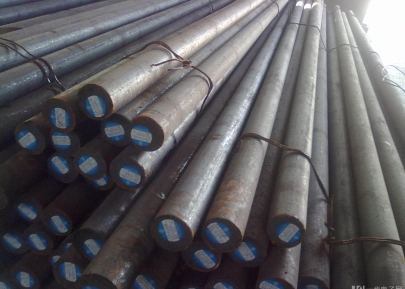Understanding Die Base and Its Relation to Copper Cathodes: A Deep Dive into the Metallurgical World!
As I immerse myself in the intricacies of metallurgy, one term has consistently piqued my interest: die base. It may sound technical, but the importance of die base in the context of copper cathodes is profound and multifaceted. In this article, I will elucidate the relationship between die base and copper cathodes, while also exploring concepts like Base Cap Molding, and offer insights on how to etch copper plate.
The Basics of Die Base
Before diving deep, let’s clarify what die base actually is. In metallurgical terms, a die base refers to the platform or support structure used during the metal-forming process. Its significance cannot be overstated; without a robust die base, the integrity of the entire molding procedure can be compromised. Essentially, the die base serves as the backbone for effective metal shaping and production.
The Role of Copper Cathodes in Metallurgy
Copper cathodes play a crucial role in the production of pure copper. Essentially, they are the final product of the electrowinning process, where impurity-laden copper is transformed into high-purity copper. But the question remains, what is the connection between copper cathodes and the die base? To answer this, we need to consider the manufacturing processes employed in producing these cathodes.
Exploring Base Cap Molding
Base Cap Molding is a specialized technique that aids in shaping various metal products, including those related to copper. By using a well-fabricated die base, the molding process becomes much more efficient. The precision of the die base directly affects the quality of the base caps created, and thus the final copper products. I’ve frequently witnessed how companies investing in high-quality die bases yield better results in their copper cathode output.
The Interrelationship Between Die Base and Copper Cathodes
So, how do these elements interact? A properly constructed die base ensures uniform pressure distribution during fabrication. This uniformity is crucial in the production of copper cathodes, as any inconsistency can lead to defects and decreased purity levels. It’s a delicate balance that requires meticulous monitoring and adjustment.
| Element | Impact on Production |
|---|---|
| Die Base Quality | Direct influence on molding precision |
| Copper Cathode Purity | Inversely related to molding defects |
| Base Cap Molding Technique | Enhances overall metal processing efficiency |
Key Techniques in Die Base Construction
When I work with die bases, certain techniques come to mind that ensure effectiveness:
- Material selection: High-strength materials like steel maximize durability.
- Precision machining: Ensures the die base fits perfectly with the copper materials.
- Treatment processes: Heat treatment can enhance mechanical properties.
How to Etch Copper Plate: A Quick Guide
As we address practical applications, let’s not forget the art of etching copper. While it may seem straightforward, the process requires an understanding of the underlying metallurgy:
- Clean the copper surface thoroughly to remove any impurities.
- Apply a resist material where you want to keep the copper unharmed.
- Use an etching solution, typically ferric chloride, to remove the exposed copper.
- Neutralize and rinse the plate once the desired etching level is reached.
Conclusion: The Intricate Connection
In conclusion, my exploration of die base and its relation to copper cathodes reveals an intricate web of interactions that is essential in metallurgy. The quality of the die base and its construction directly impacts the production of copper cathodes through effective Base Cap Molding. Finally, as I delve deeper into working with copper, understanding techniques like how to etch copper plate will continue to be invaluable. Whether you’re a novice or a seasoned pro, grasping these relationships will enhance your proficiency in metallurgical processes, and lead to higher quality outputs.



